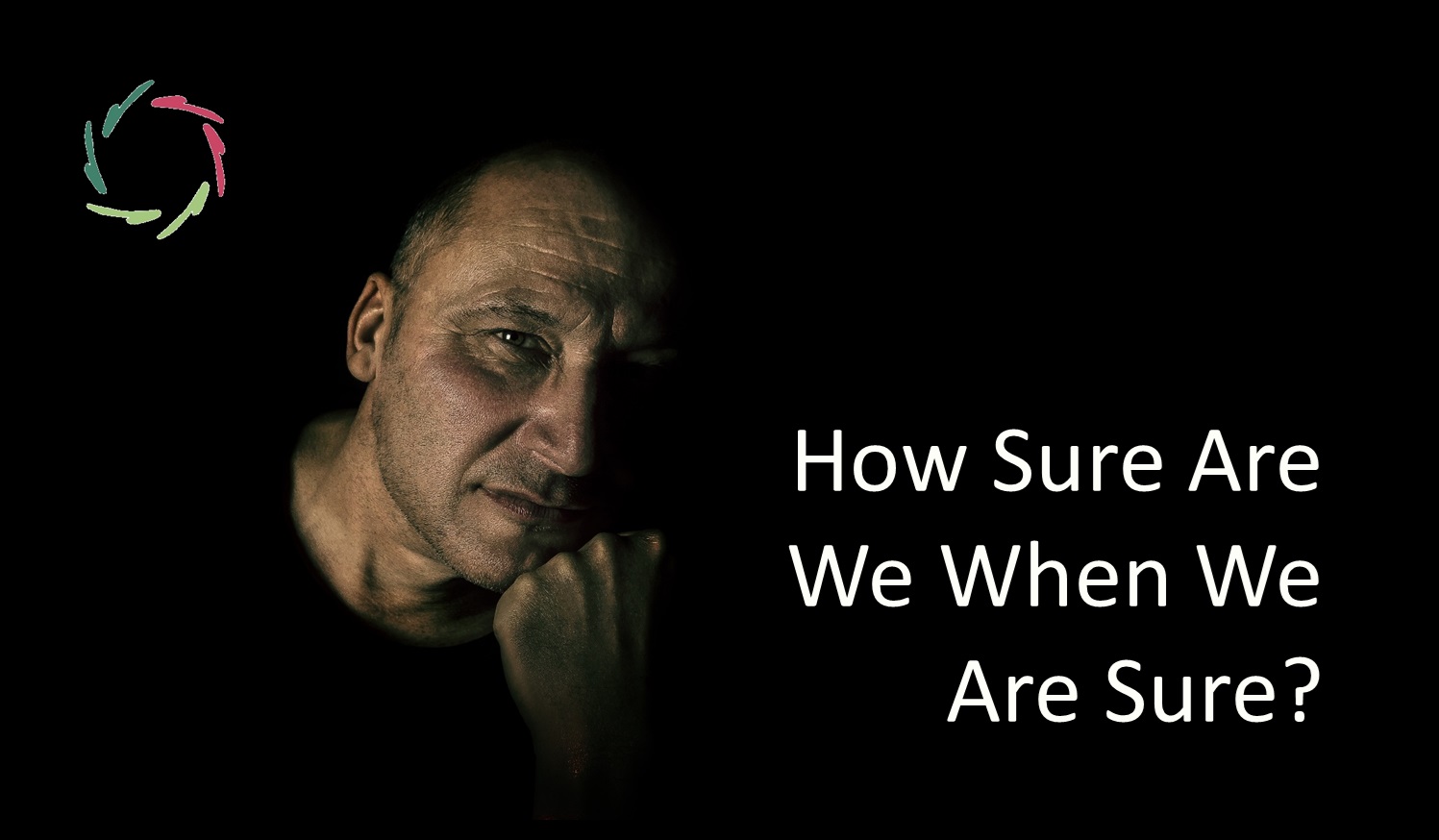Can Mind Change Matter?

Let’s take it philosophically today. That brings us to what is called ‘philosophy of mind.’
Please read this first: [see: “‘Mind = Body’ Breakthrough“]
Philosophy is like playing in the mind.
Philosophers are like children ― no denigration meant to either, quite the contrary.
In their intellectual playfield, philosophers have been thinking about the mind for millennia without coming to much agreement. Recently, we have started delving into the neurological mind/brain. That’s a different game. Let’s first see what philosophers came up with.
Different philosophies of mind
In the sense of better something than nothing:
- Mind-body dualism: Minds and material bodies are radically distinct ‘substances.’ Descartes called them thinking substance versus extended substance. They may causally interact or not.
- Parallelism: Minds appear to interact with the material world, but the appearance is just that: an appearance. In ‘occasionalism,’ God causes these parallel events.
- Epiphenomenalism: The material world is causally closed, but material events have mental by-products. In property dualism, mental properties are real and distinct but causally irrelevant.
- Behaviorism: Analyzing away claims about minds and mental goings-on. In functionalism, only functional roles are important, no matter how they are realized. According to Wittgenstein, we are simply misled by our grammar of language into thinking there is more than mere behavior.
- The mind as an information processing device: Like a computer, mind as software. Mental representations are encoded in a Language of Thought.
- Intentional stance: according to Daniel C. Dennett. Beliefs, desires, and intentions are ascribed to others, whether or not they are real. [Dennett, 1991]
- Eliminativism: Mental processes are purely syntactic, devoid of meaning.
- Idealism: Only the mind exists. In solipsism, the world is just a single mind – your mind – and its contents.
Neurophilosophy
One of my favorite authors in this field is Patricia Churchland. [Churchland, 2002] According to her, and me, the more we learn about brain and body, the more we discover intimate connections between mental occurrences and mainly – but not solely – neurological goings-on. This leads us to the mind-brain identity theory. Since they are the same, there is no problem with causality. Mind-change = body/brain-change.
Another take on eventually the same argument is parsimoniousness. With the body/brain being organized in a particular way, the result is a mind having mental characteristics. There is no need for more complicated contrivances. Mind-change = body/brain-change.
Healthcare
Modern Western medicine, from its inception, has been fighting against the idea of the mind influencing the body. The mist of time obfuscates the concrete reasons. Additionally, a cognitive illusion makes it challenging to see one’s seeing itself. [see: “The Basic Cognitive Illusion“]
Nevertheless, we see an immense amount of influences of mind on the body in health-related matters. [see: “Changeable Brains, Fluid Bodies“] I brought a number of them together in the category on this blog, all PubMed referenced, thus of high scientific quality: [see cat: “Your Mind as Cure“]. There are many, many more. These are all compatible with: Mind-change = body/brain-change.
Every apple is falling from a tree. After millions, gravity – one way or another – doesn’t need to be proven anymore. It’s a fact until it might be disproven.
Not anymore is mind-stuff a game.
Starting from the mind, not only are our brains fluid; so are our bodies. There is a lot at stake in this.
References
[Churchland, 2002] Churchland P. Brain-Wise, Studies in Neurophilosophy: MIT Press, 2002.
[Dennett, 1991] Dennett D.C. Consciousness Explained: Little, Brown and Co, 1991


